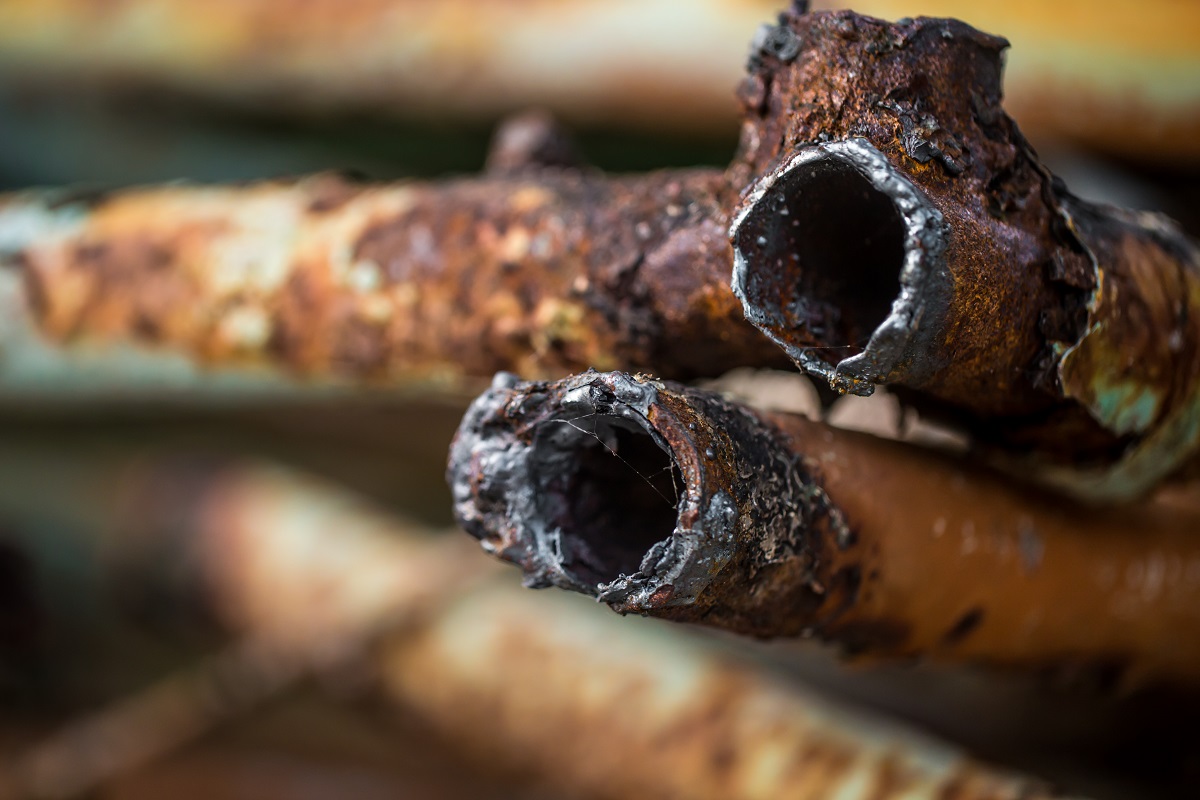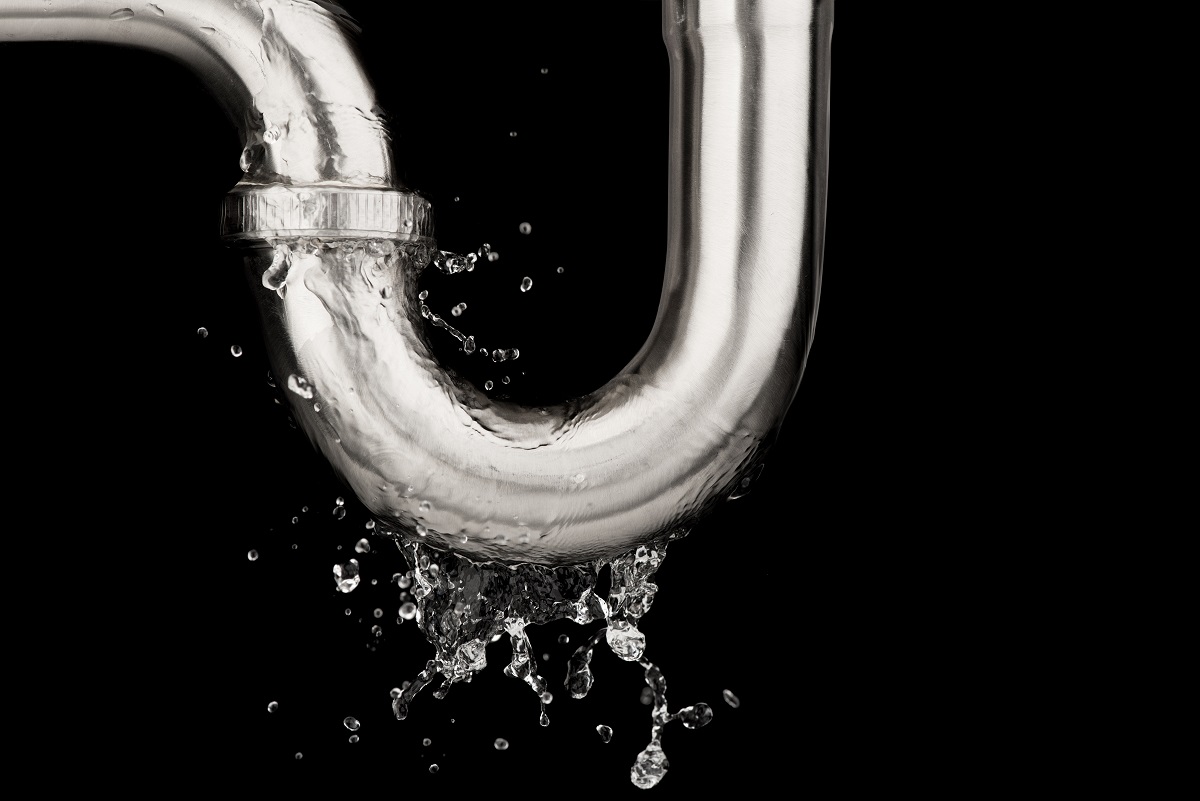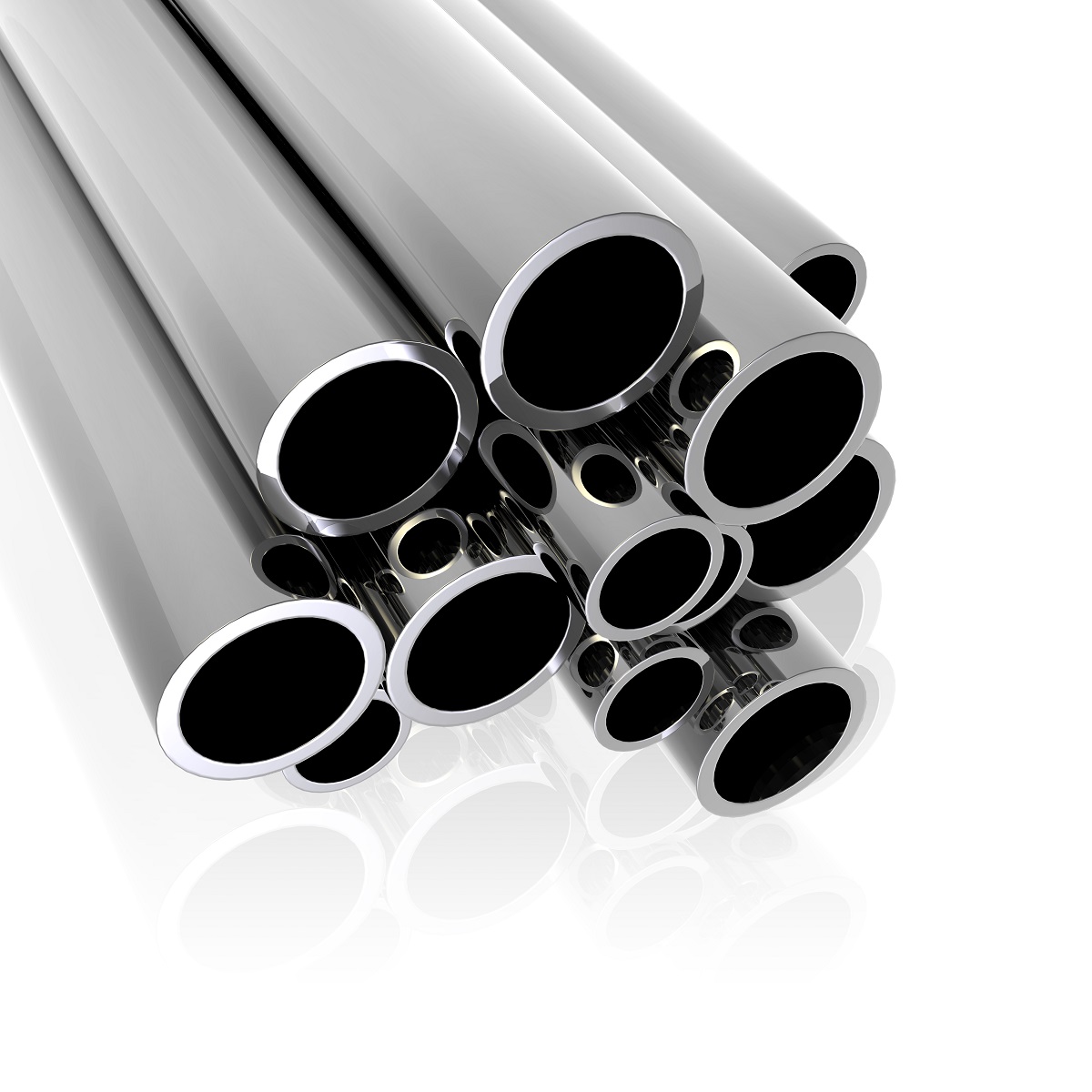
Tips to Prevent Pipe Corrosion
How do you prevent pipe corrosion?
- Test water pH levels
- Descale the pipes
- Make sure pipes are galvanized
- Add insulation to the pipes
A building’s plumbing system should be properly maintained, primarily because this is important in providing water resources for the building inhabitants. Issues in the piping can present structural dangers, but may also lead to several health hazards, especially for potable water sources. To avoid this, it’s essential for you to know the most effective tips to prevent pipe corrosion. Plumbing systems are complex, but this doesn’t mean that you can’t do anything about the design to prevent further issues from occurring.
To ensure these issues don’t happen in your pipes, simple practices like conducting regular maintenance, installing insulation, and descaling the pipes can make them last longer. Read on to learn more.
Test Water pH Levels

Building pipes are generally used for fluid transmission for water or gas. In the case of water, prolonged contact with the walls of a steel pipe, for example, may cause corroded portions. This is due to potential contaminants in the water, such as copper, lead, chlorine, alkaline, and other trace inorganic compounds.
Water that has a high pH rating can not only cause corrosion but can also lead to physiological harm during consumption. As such, you need to make sure that you constantly test your water pH levels and make sure that they fall within the acceptable range of 6 to 8.5 — for potable or drinking water.
To test your water, you’ll need a water testing kit that contains litmus paper. This can be purchased in your local pharmacy or through online shopping. Using a sterile container, fill it up with water. Completely submerge the litmus paper, and then see if there are any indications of high acidity — i.e. blue litmus paper turning into red.
If you find that you’re being supplied with acidic water, consider investing in a water treatment or filtration system. This can soften the water and reduce wear and tear in your pipes.
Descale The Pipes
Over time, the flow of fluid in your pipes can cause mineral deposits and calcium build-up in the pipes’ walls. This can lead to less-than-ideal water pressure levels, or can also change the composition of your water.
Descaling your pipes is one way to fix this. This process involves the removal of these deposits to make sure that they do not cause clogs that can affect the regular flow of the pipes. Here’s how:
- Turn off the water source to your house or building. You should also see to it that any water pumps or heaters are also turned off.
- Identify which of your sink drains that you need to clean. Fill up a container with hot water for each of these drains.
- Turn on the faucet and flush the toilet. This is done to empty out the remaining water in the pipes.
- Pour the drain cleaner according to product recommendations. Let it sit for a few minutes up to several hours, depending on the kind of product you have.
- Pour the boiling water down the drain and turn on your water source again. Fully turn on the faucet to ensure that all the dissolved deposits will pour out.
Make Sure Pipes Are Galvanized

Sometimes, the best way to eliminate corrosion from your pipes is by undertaking preventive measures. One of these is by installing pipes that have been coated with zinc, like galvanized pipes. The protective layer of coating has been specifically applied to make the pipe corrosion-resistant. Even if different compositions of fluid pass through the pipes on a daily basis, the galvanized coating won’t cause a chemical reaction upon contact.
Aside from their corrosion-resistant properties, galvanized pipes are more structurally sound compared to non-coated steel pipes. They can withstand high pressures and high temperatures better, making them more durable and longer-lasting.
If you’re looking for galvanized steel pipes, Supreme Pipe’s range of light gauge and heavy gauge pipes are ideal for plumbing requirements. You may also view our product selection here.
Add Insulation to The Pipes
A poorly structured piping system may cause various alloys and metals to come into contact with one another. Similar to water, this can also cause a chemical reaction that may create rusting or in extreme cases, pitting corrosion that can severely damage the pipes.
To fix this, insulation is added to the pipes to minimize any occurrences of chemical reactions. You’ll also be needing the following materials: polyurethane foam sleeves, duct tape, knife/scissors/cutter/ caulk, and insulating wrap.
Apply the insulating wrap on the surface of the pipe. Make sure that it fits securely and it covers the entire surface of the pipe. Cut an opening in the polyurethane sleeves and insert the pipe into them. Any gaps in between pipes can be insulated using caulk.
Key Takeaway
In this guide, you’ve learned about several tips to prevent pipe corrosion. These may range from simple water pH level tests, to more complex activities such as applying insulation to your pipes or descaling the calcium deposits.
With anything related to pipe maintenance, hiring a professional is always advised. But if you’re doing it by yourself, follow all safety precautions and best techniques that can improve the durability of the pipes and minimize the scale of damage that may take place.


